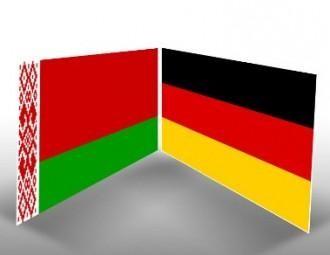Belarusan and German diplomats discussed their collaboration on Belarus-EU front

Consultations between heads of the analytical divisions of the Belarusan and German Foreign Ministries took place in Berlin on August 13.
The Belarusan side was presented by Mr.Vladimir Skvortsov, head of the Division for Foreign Policy Studies, the German – by Mr.Thomas Bagger, Head of the Policy Planning Staff of Germany's Federal Foreign Office, reports press-service of the Belarusan Foreign Ministry.
During the negotiations the parties discussed the state and potential for Belarus-Germany relations, the prospects of Belarus-EU dialogue development and some other matters of mutual interest. The sides agreed to continue further interaction.
Mr.Vladimir Skvortsov held meetings with Ms.Antje Leendertse, German Foreign Office's envoy for Eastern Europe, Caucasus and Central Asia, Mr.Ewald Böhlke, head of the Berthold Beitz Center at the DGAP, as well as German politicians and experts.
-
03.01
-
07.10
-
22.09
-
17.08
-
12.08
-
30.09








































